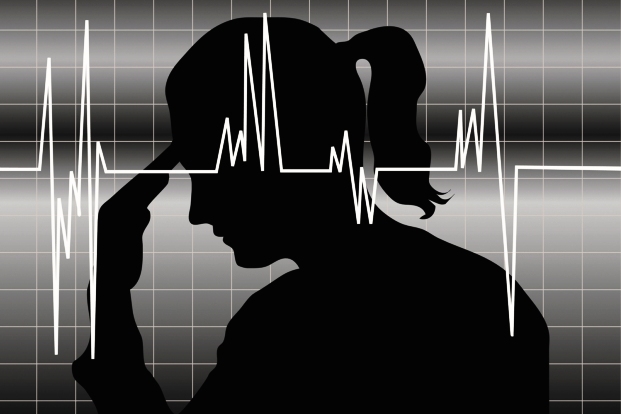10 Tips to Prevent Heart Disease And Stroke
Apr 19, 2022
Cardiovascular disease is one of the major causes of heart disease and stroke . If you have diabetes, your risk rises even higher. Men over the age of 45 and women over the age 55 are at risk of developing cardiovascular complications. You also are at greater risk if you have a preexisting condition of heart disease and stroke.

Know your risks
The biggest risk factor for cardio vascular disease is age. The second biggest factor is your genetic make-up. If your parents, grandparents or other close relatives experienced or died of heart disease, diabetes or stroke, your risk is much greater.
Do not smoke
The evidence is overwhelming that cigarette smoking and second-hand exposure to smoke increases the risks of heart disease, lung disease, peripheral vascular disease and stroke.
Maintain your blood pressure
High blood pressure is commonly known as the silent killer. Because it typically has no symptoms.. The blood pressure is the higher greater your risk of heart disease. Heredity and increasing age put you at greater risk
Blood Lipids
Abnormal or high blood lipids (fats) are a major contributor to cardiovascular disease. Blood lipids include the LDL , HDL The lower your LDL and the higher your HDL, the better your prognosis.
Calories
If you have diabetes, your risk is the same as someone who has already had a heart attack. Eating less and exercising more are the two most effective, tried-and-true solutions.
Exercise
Exercise is one of the best treatments for depression and anxiety. However, exercise cannot control or reduce a person’s weight; they must also modify their diet.
Reduce stress
Stress contributes to cardiovascular disease and, if you severe enough, can fall a heart attack or sudden death. There are so many ways to less stress, such as regular exercise, adequate sleep, laughing, volunteering, gardening, having a pet, playing an instrument.









